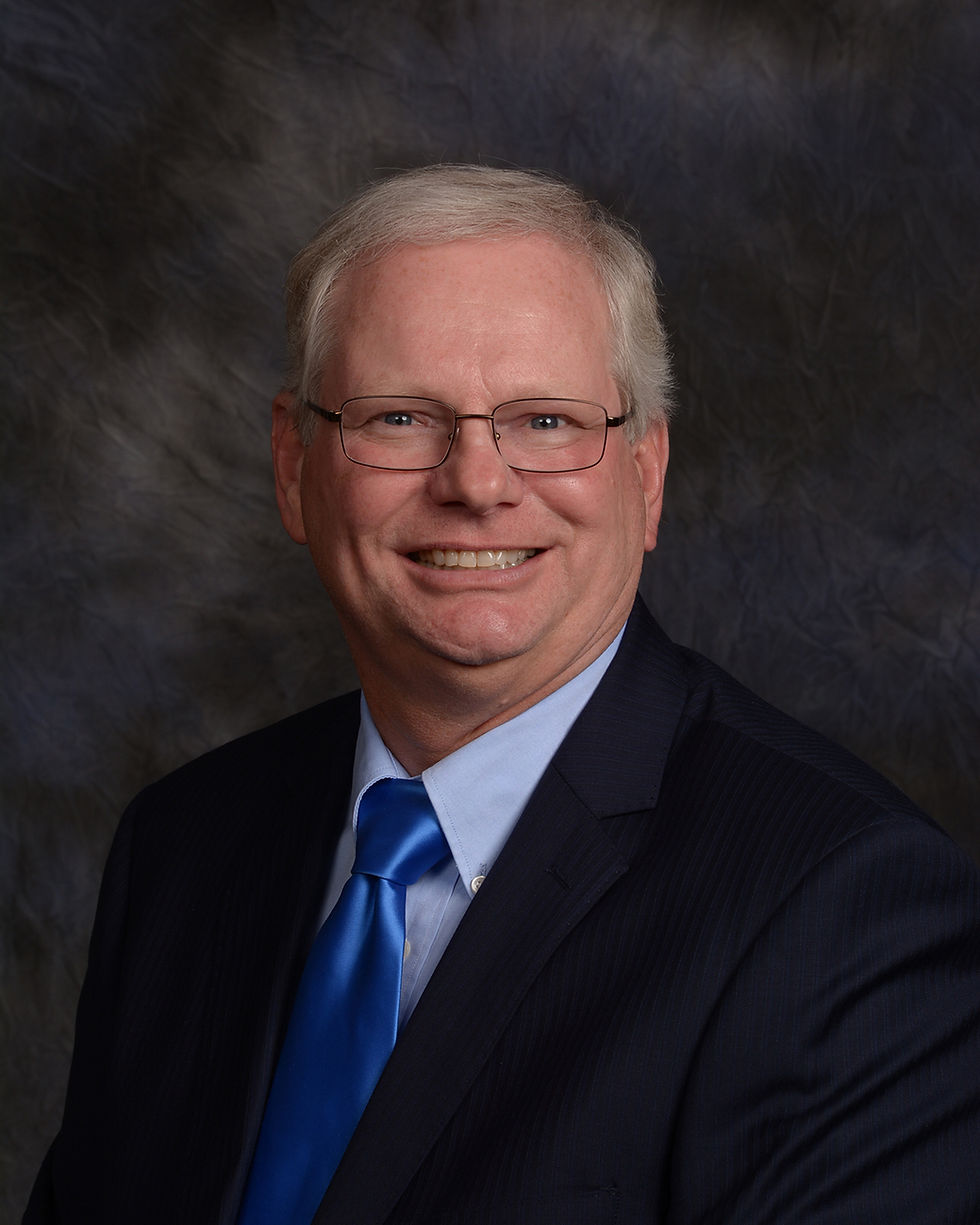Board Spotlight Series: Dr. Paul Elam
- Michigan Center for Youth Justice
- Jan 29, 2024
- 4 min read
Updated: Nov 13, 2025

We are excited to share our first Board Member Spotlight, a blog series created to showcase the inspiring individuals who make up MCYJ’s board of directors. This month features Paul Elam PhD, the Chief Strategy Officer for the Michigan Public Health Institute, or MPHI, a Michigan-based nonprofit focused on developing solutions to critical public health needs. In his role, Dr. Elam is responsible for helping to diversify MPHI’s portfolio to address cutting-edge issues that affect the health and well-being of our society. Dr. Elam brings a wealth of knowledge and experience measuring racial and ethnic disproportionality. He believes that sound public policy analysis should examine whether all people are treated fairly and equitably.
What first made you interested in joining the board of MCYJ (formerly MCCD)?
I was first introduced to MCCD in 1996 when I joined Public Policy Associates as a project manager. One of my first projects was managing a statewide prisoner re-entry initiative with the Department of Corrections and MCCD. My work on the project helped me develop a better understanding of MCCD’s goals and mission. After my work with the project was complete, I was asked to join the board and did not hesitate, as MCCD’s goals and mission directly aligned with my interests to help create safety and justice.
What do you like most about being an MCYJ board member?
I enjoy observing the success and progression of the organization and seeing the leader we have in Jason, plus a staff and board that is moving the organization to a place where the work and mission can be sustained.
Additionally, I am excited about the re-focus on juvenile justice and policy issues. If you’re going to implement things at scale and sustain initiatives, it has to be embedded in policy. I’m proud of the intentional focus and expertise brought to the table to engage in the policy process. This re-focus is evident in the wins and results recently occurring in Michigan.
What would you like fellow juvenile justice reform advocates to know about you?
I’m more of a “behind the scenes” kind of guy. However, I am committed and passionate about criminal and juvenile justice. I grew up in Detroit and experienced/saw it growing up. I studied criminal justice and urban studies at Michigan State University; now, it’s what I live and breathe. Some of my current projects include working with the state to provide a re-entry program for justice-impacted youth. The Center for Racial and Social Justice (CRSJ) at MPHI has been retained by the Michigan Department of Health and Human Services (MDHHS) as a care coordination agency to improve the success of youth transitioning from residential centers to stable community living using the Michigan Youth Re-entry Model. Additionally, I contract with the Michigan Committee on Juvenile Justice (MCJJ), which provides suggestions and solutions to the Governor on juvenile justice issues. The Committee has been crucial in changing practices, policies, and philosophies to transform the juvenile justice system.
It’s an honor to be in the position statewide and nationally to work with leaders, policymakers, and universities to help them make better decisions that ultimately impact youth, children, and families nationwide.
What are your broad goals for 2024 surrounding juvenile justice reform?
My broad goals for 2024 focus on gun violence reduction nationally, statewide, and locally. Nationally, I am working with Advance Peace and the Office of Violence Prevention. Statewide, I am helping build coalitions across urban communities to uplift the need to invest more in community violence intervention. Locally, I am working with our elected officials at all levels to bring resources to the City of Lansing to address gun violence and the impacts that it has on our youth. One way I’m doing this is by encouraging legislators to create policies where some of the tax dollars and proceeds from the sales of guns are invested in community violence intervention.
Many [justice-involved] youth don’t have access to prosocial networks, are not in school or employed, and don’t have mentors to help them make better decisions. To address this, I have helped raise over $7 million to do this work in my community and nationally, and I am already seeing results. I also helped create an 18-month fellowship, where I connect with youth on a day-to-day basis and can see that they’re beginning to make better decisions.
Lastly, a “just for fun” question - what do you like to do in your spare time?
I am an avid swimmer and love spending quality time with my family. I have five kids, and I enjoy playing video games with my sons and shooting hoops with my daughter, who's on her school's basketball team. I also enjoy taking time with my wife of 27 years to travel as much as possible to escape the everyday routine and make sure we have time to focus on our relationship.
You can learn more about Dr. Elam and his work at www.mphi.org.









Comments